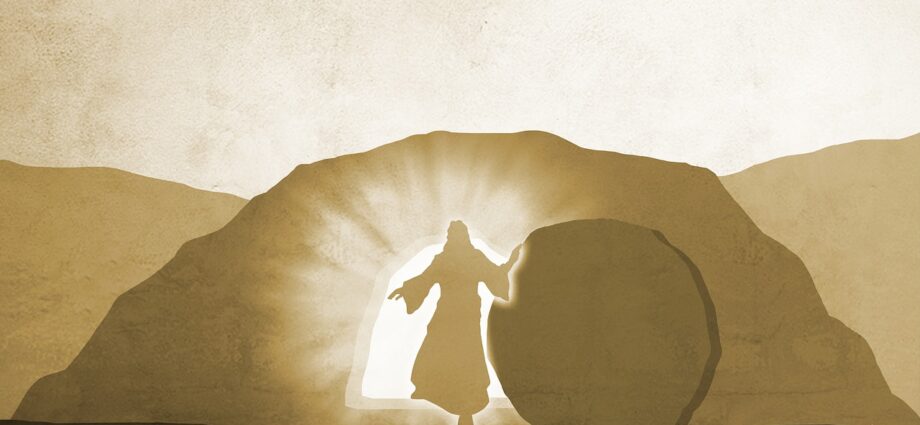There are no proofs for the Resurrection of Jesus in the scientific sense. There are, however, very strong individual and collective testimonies by a large number of contemporaries of those events in Jerusalem. [639-644, 647, 656-657]
The oldest written testimony to the Resurrection is a letter that St. Paul wrote to the Corinthians around twenty years after Christ’s death: “For I delivered to you as of first importance what I also received, that Christ died for our sins in accordance with the Scriptures, that he was buried, that he was raised on the third day in accordance with the Scriptures, and that he appeared to Cephas, then to the Twelve. Then he appeared to more than five hundred brethren at one time, most of whom are still alive, though some have fallen asleep” (1 Cor 15:3-6). Paul is recording here a living tradition that was present in the original Christian community two or three years after Jesus’ death and Resurrection, when he himself became a Christian – on the basis of his own staggering encounter with the risen Lord. The disciples took the fact of the empty tomb (Lk 24:2-3) as the first indication of the reality of the Resurrection. Women, of all people, discovered it – according to the law of that time they were not able to testify. Although we read about the -> APOSTLE John that he “saw and believed” (Jn 20:8b) already at the empty tomb, full assurance that Jesus was alive came about only after a series of appearances. The many encounters with the risen Lord ended with Christ’s Ascension into heaven. Nevertheless, there were afterward and there are even today encounters with the living Lord: Jesus Christ lives.

